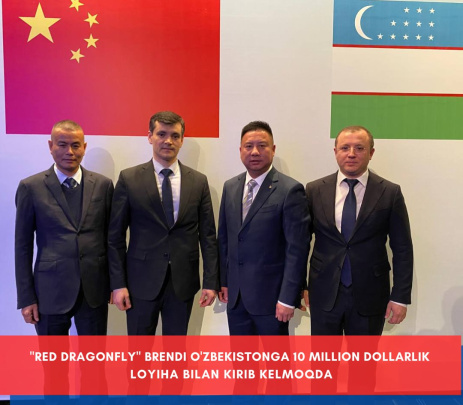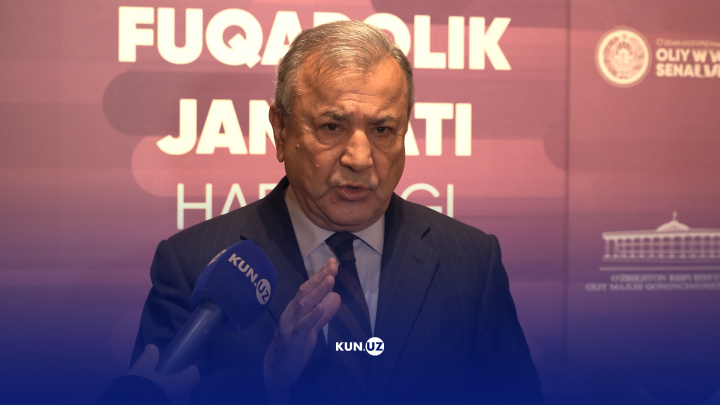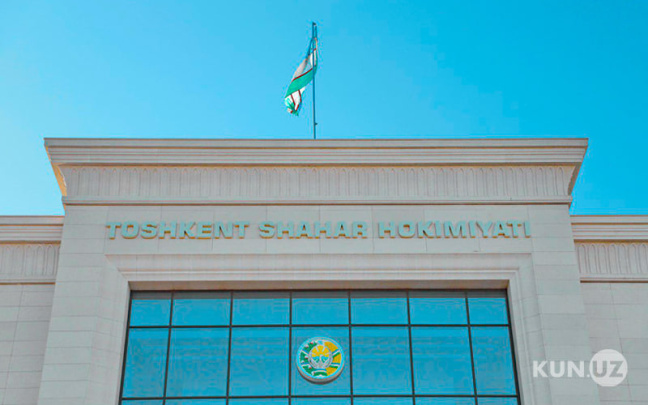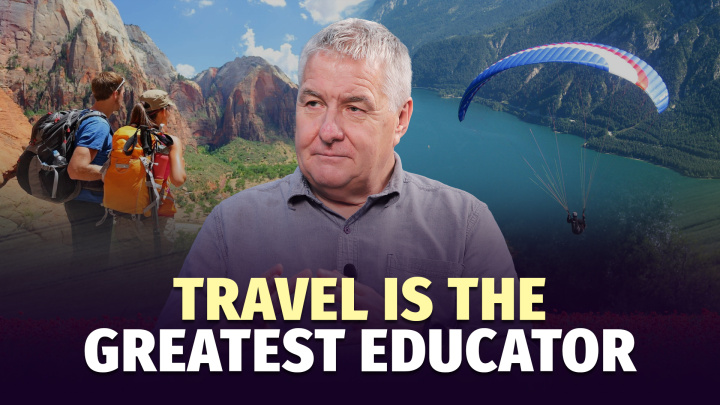Tourism in Uzbekistan is a fast-developing sector, with numerous programs and projects aimed at boosting its growth. Russell Walters, Destination Director of the Adventure Travel Trade Association (ATTA) for North America, recently visited Uzbekistan to conduct training sessions to enhance the country’s adventure tourism potential. These sessions are part of a five-year initiative supported by the USAID Business Support Project.
In an exclusive interview with Kun.uz, Mr. Walters shared his insights into Uzbekistan’s tourism landscape, his training efforts, and areas of improvement to create memorable experiences for travelers.
With over 40 years of experience in the tourism industry and as a business owner himself, Walters is deeply involved with ATTA, whose mission is to protect nature and culture while creating shared economic value for communities and tour operators.
What is adventure tourism?
In defining adventure tourism, the expert explained that at its core, it’s simply tourism. “People come to a new place; they travel, they explore. I always like to say, travel is the greatest educator,” he noted. However, adventure tourism includes three unique components: nature, culture, and activity.
“Culture can be as rich as our past traditions, our religious heritage. It also includes crafts, foods, and local customs,” said Walters. He emphasized that combining these elements allows visitors to deeply understand and connect with the communities they visit.
The USAID Business Support Project
The USAID Business Support Project, a five-year initiative, spans several sectors, including textiles, ICT, the green economy, and tourism. The focus in tourism is to develop high-value, low-volume travel — offering exclusive, sustainable experiences.
Adventure tourism in Uzbekistan
Uzbekistan already has a well-established reputation for its religious and cultural tourism, particularly with its Silk Road heritage. Walters pointed out that the goal is to enrich this foundation by integrating adventure elements, such as exploring the country's mountainous landscapes and engaging with local village communities.
“It’s about blending the adventure sector into the already rich cultural tourism you have here,” Walters explained. Reflecting on his reconnaissance trip to mountain villages earlier this year, he praised the hospitality and warmth of the local people, who were eager to share their culture.
Infrastructure and safety: Key considerations
While Uzbekistan’s friendliness and cultural richness impressed the guest, he highlighted the importance of improving infrastructure and safety standards.
“Oftentimes, we explored places to assess road conditions, health, and hygiene standards. These factors are critical for travelers,” Walters said. Safety encompasses vehicle maintenance, hygiene practices, and access to emergency services—essentials for attracting international adventure travelers.
Opportunities and challenges
One of the challenges Walters identified is the lack of an outdoor culture among Uzbeks, particularly among older generations. Fostering an outdoor culture in regions being introduced to adventure tourism is essential. Developing this culture not only encourages local engagement but also supports the creation of sustainable tourism products tailored to the area.
Adventure tourism has the potential to provide significant economic value. Travelers often spend on local crafts, artisanal products, and cultural experiences. Walters stressed the importance of attracting high-value tourists — those who seek meaningful, hands-on cultural interactions rather than fast-paced, superficial visits.
“Safety encompasses vehicle maintenance, hygiene practices, and access to emergency services — essentials for attracting international adventure travelers.”
Training and global exposure
Walters conducted training sessions for local tour operators and tourism professionals in Tashkent and Navoi, with strong participation and enthusiasm from attendees. He also highlighted opportunities for Uzbek operators to gain global exposure through events like Adventure Elevate in Europe and the Adventure Travel World Summit in Chile.
Global trends in adventure travel
The expert shared insights into current trends in global adventure tourism, emphasizing sustainability, slower-paced travel, and immersive cultural experiences. Activities like hiking and biking are among the most popular, and travelers increasingly seek authentic, local experiences.
“Uzbekistan has all of these elements. The challenge is to ensure that we develop and promote these responsibly, with prepared guides and regions,” he noted. He expressed optimism about the five-year project, which he believes will lay the groundwork for a robust adventure tourism network in Uzbekistan.
“Uzbekistan has all of these elements. The challenge is to ensure that we develop and promote these responsibly, with prepared guides and regions.”
Untapped potential
The guest expert also highlighted mountain guest houses as a significant opportunity, describing his experience staying in one in Yurta. He sees potential for creating unique homestay experiences that blend adventure with culture, offering visitors something truly special.
A memorable adventure
When asked about his most memorable adventure, Walters reflected on a project in Fiji, where he helped create a whitewater rafting company in collaboration with the Fijian government. “We went into the interior of Fiji, a place few had explored, and combined their culture with nature to create an unforgettable adventure,” he said.
He sees similar potential in Uzbekistan. “The landscapes, combined with the cultural richness, offer opportunities for unique experiences like mountain biking or road biking with a cultural overlay,” he said.
In conclusion, Russel Walters, the guest expert from ATTA expressed his hope for the success of the USAID-supported project and emphasized the importance of sustainable, high-value tourism for Uzbekistan’s future.





